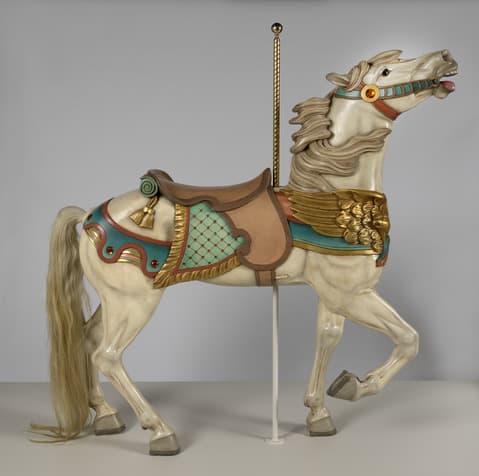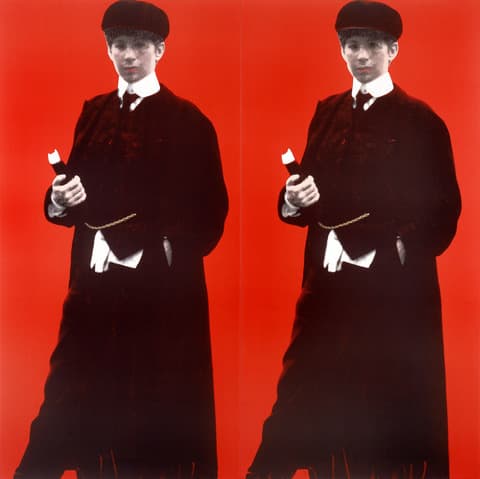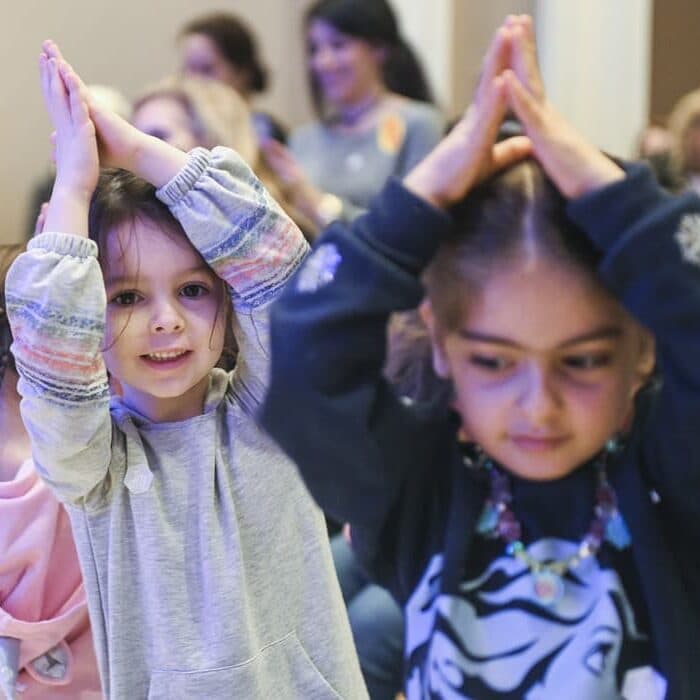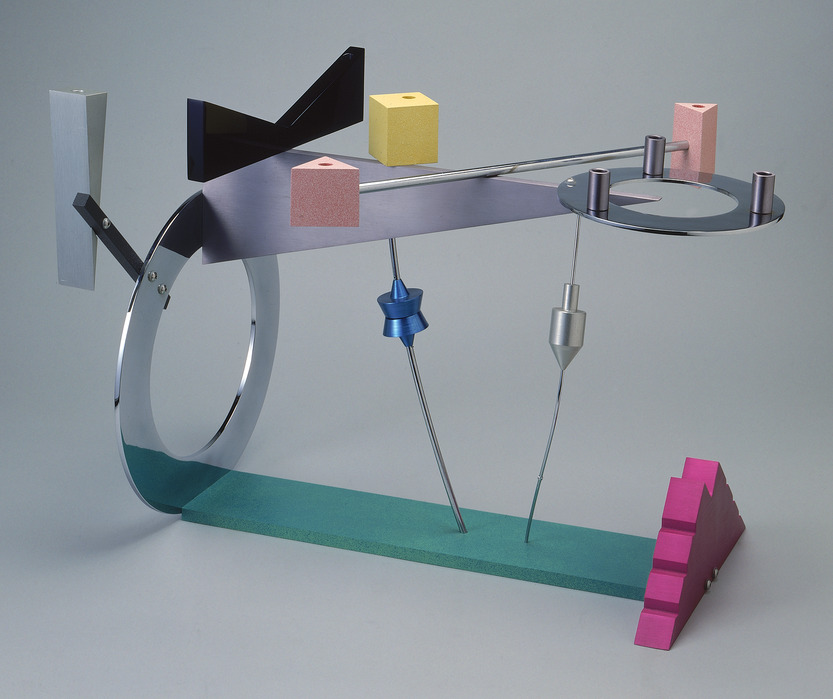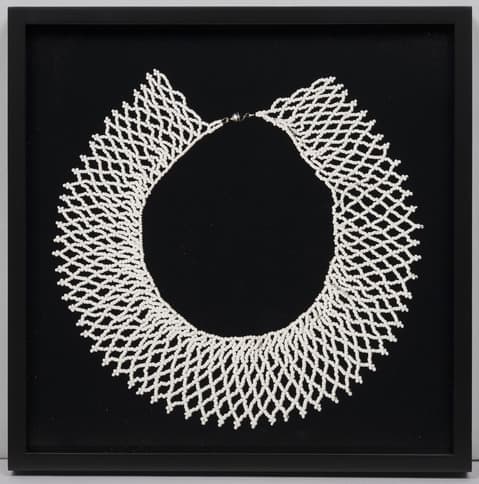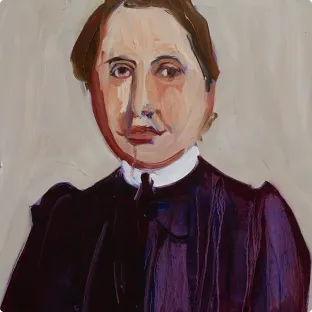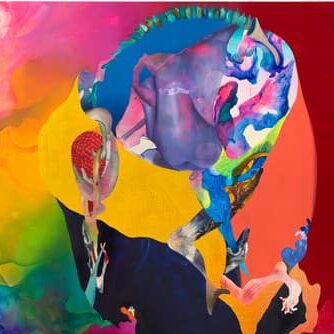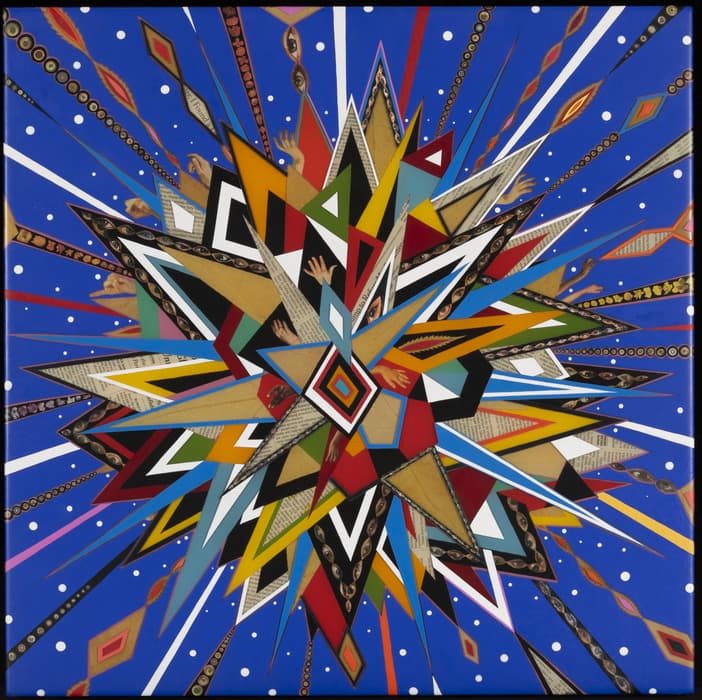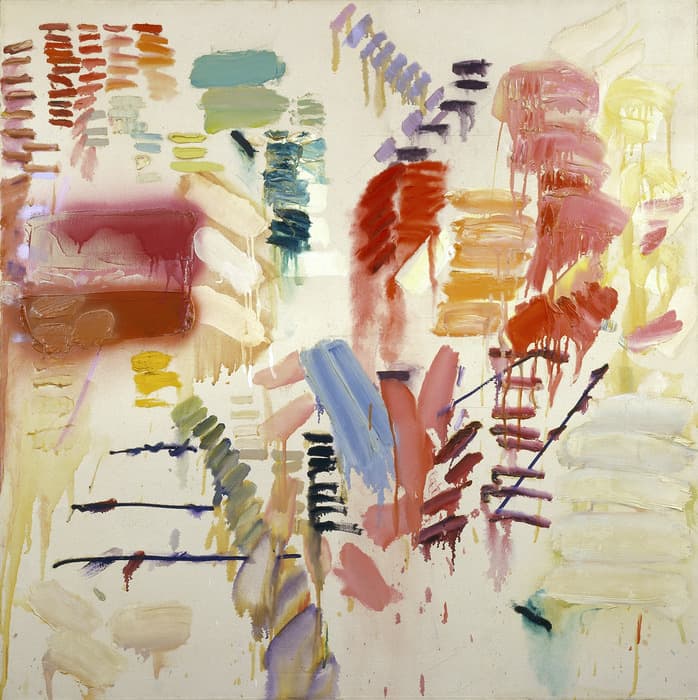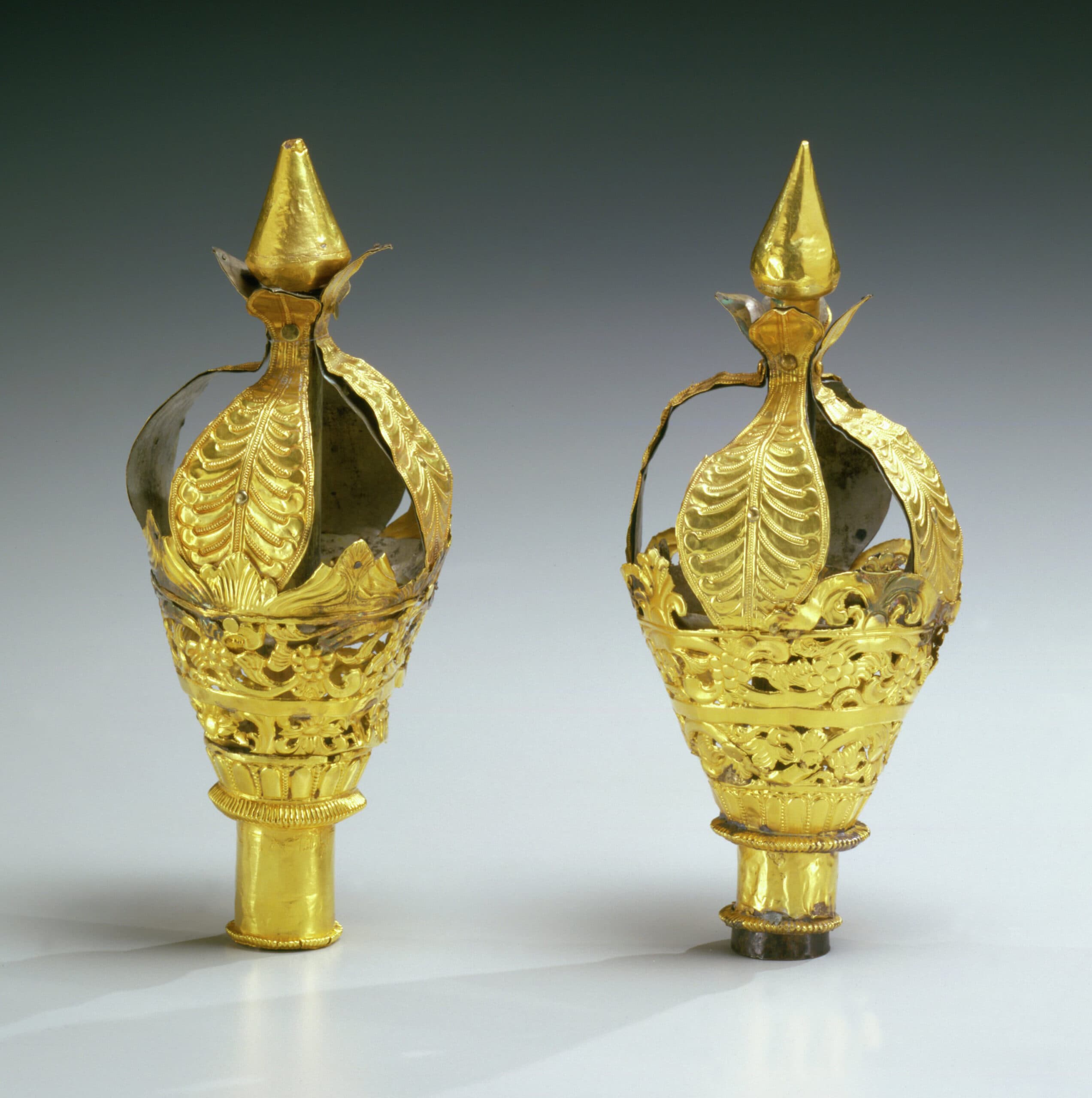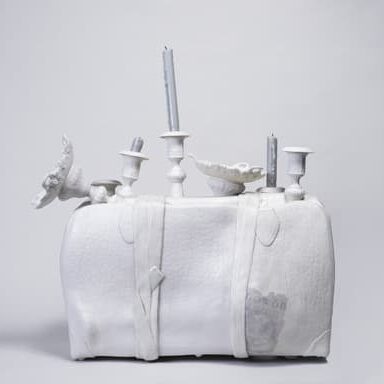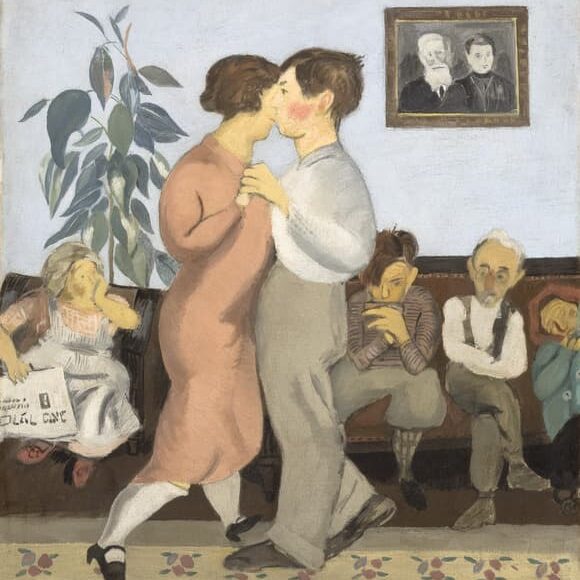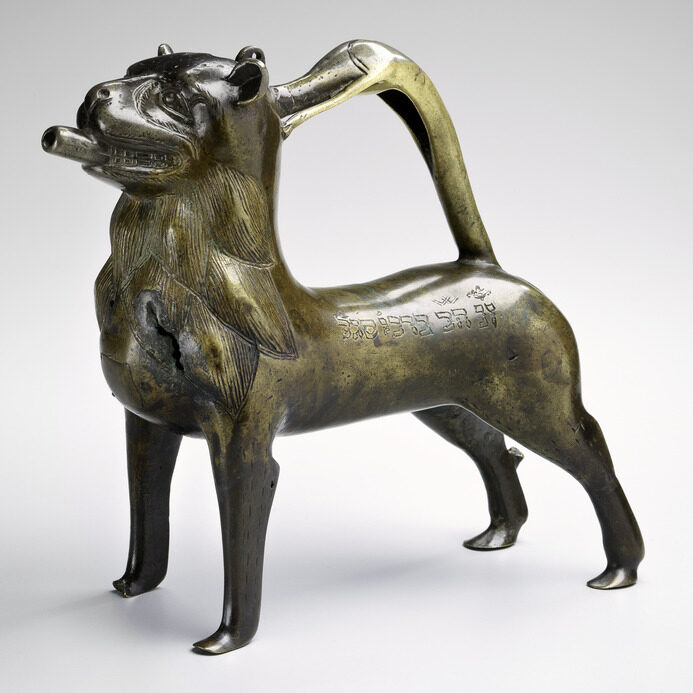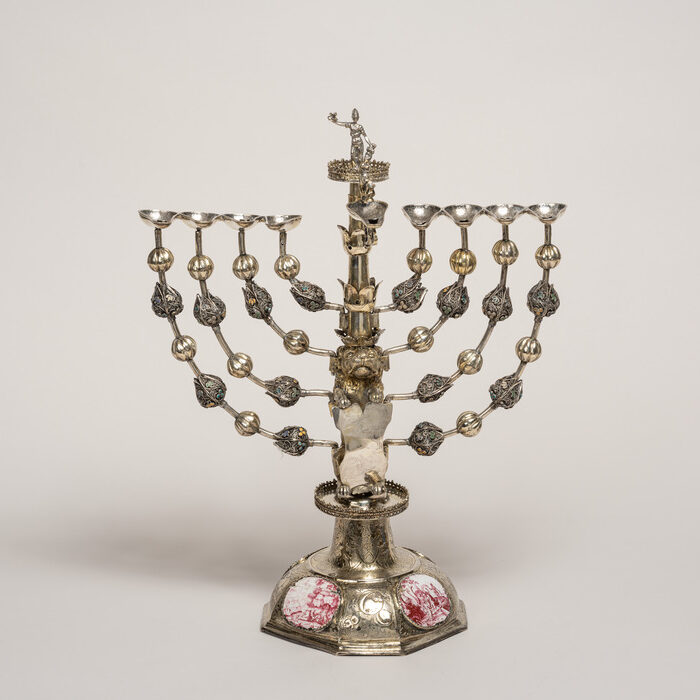The Jewish Museum Presents a Two-Part Virtual Symposium Exploring topics related to "Afterlives: Recovering the Lost Stories of Looted Art"
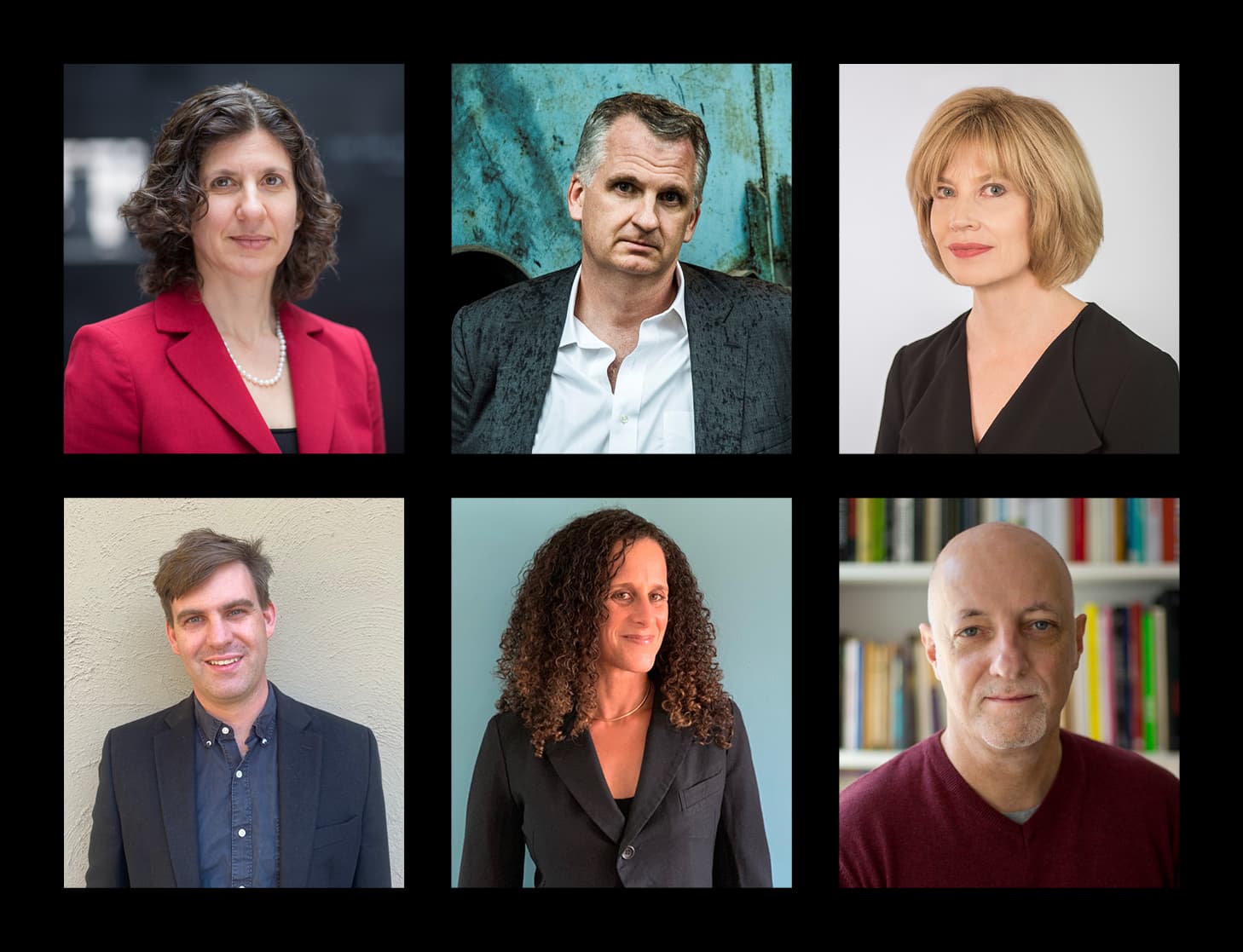
Looting, Loss, and Recovery: A Virtual Symposium
Monday, December 6, 2021, 5:00 – 7:30pm EST – YouTube Premiere Video Rollout
Thursday, December 9, 2021, 6:30pm EST – LIVE Zoom Panel
New York, NY, November 11, 2021 — The Jewish Museum is presenting a two-part virtual symposium exploring a wide range of subjects related to the exhibition Afterlives: Recovering the Lost Stories of Looted Art in December 2021.
Part one of Looting, Loss, and Recovery: A Virtual Symposium will premiere on the Jewish Museum's YouTube channel on December 6 from 5:00 – 7:30 pm EST and will feature historians Rafael Cardoso, Lisa Moses Leff, Timothy Snyder, and Sarah Abrevaya Stein as well as the Afterlives exhibition co-curators Darsie Alexander, Susan and Elihu Rose Chief Curator, and Sam Sackeroff, Lerman-Neubauer Assistant Curator. Experts in their respective fields of study, the speakers will address a range of topics including the specific restitution story of a single painting, Max Pechstein's Paysage (1912), the destruction of the Jewish community of Salonica [Thessaloniki, Greece], and the efforts of Jewish Cultural Reconstruction, Inc. The exhibition curators will also provide a video overview of the exhibition. Viewers will be encouraged to pose questions for the speakers in the chat during the video premieres. Videos will continue to be available for future viewing on the Jewish Museum’s YouTube channel.
Part two of the symposium will take place on Zoom on December 9th at 6:30pm EST with a LIVE virtual conversation moderated by the exhibition curators. Speakers will have the opportunity to respond to one another's presentations and engage in a discussion considering the role that cultural restitution and related issues should play in scholarship and museum practice in the future, and other relevant topics. Audience questions will be addressed.
Free with advance RSVP, Register HERE.
Lead benefactor support for Looting, Loss, and Recovery: A Virtual Symposium is made possible by The David Berg Foundation. Additional support is provided by other generous donors.
This program is organized by Darsie Alexander, Susan and Elihu Rose Chief Curator; Sam Sackeroff, Lerman-Neubauer Assistant Curator; Nelly Silagy Benedek, Deputy Director, Education & Programs, and Jenna Weiss, Assistant Director of Public Programs, The Jewish Museum, NY. Video Production by SandenWolff.
About the Presentations:
Afterlives: An Introduction
Presented by Darsie Alexander, Susan and Elihu Rose Chief Curator, and Dr. Sam Sackeroff, Lerman-Neubauer Assistant Curator, The Jewish Museum
Co-curators Darsie Alexander and Sam Sackeroff introduce the exhibition, its major themes, and the symposium. Filmed in the Museum’s galleries, the video allows viewers to see some of the major works in the exhibition, including looted paintings by Paul Cézanne, Henri Matisse, and Pablo Picasso as well as examples of looted Judaica that were recovered in Europe after the war and held at the Jewish Museum during a period when it served as a temporary storage depot for the restitution organization Jewish Cultural Reconstruction, Inc.
The Holocaust as History and Warning
Presented by Timothy Snyder, Levin Professor of History and Public Affairs, Yale University
Professor Timothy Snyder addresses the economic, legal, and ideological causes of the Holocaust. Drawing on research published in his groundbreaking book Black Earth: The Holocaust as History and Warning, he examines how the destruction of nation states and the stripping of rights contributed both to the looting of Jewish property during the war and to the Nazi’s broader campaign of violence. By examining these causes, he recasts our understanding of the Holocaust as a historical event that presents urgent lessons for today.
Restitution and Jewish Identity
Presented by Dr. Lisa Moses Leff, Director of the Jack, Joseph and Morton Mandel Center for Advanced Holocaust Studies, United States Holocaust Memorial Museum, and Professor of History, American University
Dr. Lisa Moses Leff examines the organized Jewish efforts to seek restitution for the art, books, religious objects and other cultural treasures that had been looted by the Nazis during the Holocaust. She explores how Jewish cultural leaders organized successfully to convince the Allies to think of the loot to be returned as “Jewish” and to handle it in an unprecedented way. In talking about the history of cultural restitution, Dr. Leff addresses why the return of these particular types of objects meant so much to Jewish leaders seeking to rebuild their communities in the postwar period.
Sephardic Experiences of the Holocaust
Presented by Dr. Sarah Abrevaya Stein, Sady and Ludwig Kahn Director of the Alan D. Leve Center for Jewish Studies, and Professor of History and the Viterbi Family Chair in Mediterranean Jewish Studies at UCLA
Dr. Sarah Abrevaya Stein explores Sephardic experiences of looting, loss, and recovery through the story of a single Jewish family from Salonica [Thessaloniki, Greece] who, at the time of the Second World War, were dispersed across Europe and the globe. Through an intricate and intimate reconstruction of individuals, the letters they exchanged, and the things they held dear, Stein shines light on underexplored Sephardic experiences of the Holocaust, and on the devastation that wracked this family's native city, Jewish community, and region. Dr. Stein's presentation draws upon exhaustive research carried out for her book Family Papers: A Sephardic Journey Through the Twentieth Century.
A Story of Restitution
Presented by Dr. Rafael Cardoso, Universidade do Estado do Rio de Janeiro & Freie Universität Berlin
Dr. Rafael Cardoso familiarizes audiences with the remarkable history of one of the most compelling paintings in the exhibition, Paysage (1912) by the artist Max Pechstein whose original owner was Dr. Cardoso’s great-grandfather Hugo Simon, a Berlin-based banker who, in addition to being a discerning art collector, was also a publisher of radical literature and a close associate of Albert Einstein, Thomas Mann, Stefan Zweig, and Walter Benjamin. In this video presentation, Dr. Cardoso recounts the painting’s dramatic history, including its inclusion in the first “anti-Hitler” exhibition at London’s New Burlington Galleries in 1938 and its theft from Simon’s Paris apartment in 1940. Dr. Cardoso also discusses how the painting was restituted to him by the French state in late 2020.
About the Live Zoom Panel:
Looting, Loss, and Recovery: A Discussion
Exhibition co-curators Darsie Alexander, Susan and Elihu Rose Chief Curator, and Sam Sackeroff, Lerman-Neubauer Assistant Curator, moderate a live Zoom panel with the video participants. Speakers will respond to one another’s presentations and engage in a wide-ranging discussion including the role that cultural restitution and related issues should play in scholarship and museum practice in the future. Audience questions from the video premiere will be addressed.
About the Exhibition:
The exhibition Afterlives: Recovering the Lost Stories of Looted Art explores art looting during World War II, focusing on the seizure and movement of works as they traveled through distribution centers, sites of recovery, and networks of collectors, before, during, and after the war. The exhibition includes paintings, drawings, and Judaica that survived this traumatic period of violence and upheaval against tremendous odds. By tracing the fascinating timelines of individual objects as they passed through hands and sites, their myriad stories are brought forward, often in dialogue with archival documents and photographs that connect them to history.
Afterlives includes art works that were looted from Jewish collections during the war as well as treasured pieces of Judaica. Rare examples of Jewish ceremonial objects from destroyed synagogues; works by such renowned artists as Pierre Bonnard, Marc Chagall, Paul Cézanne, Gustave Courbet, Paul Klee, Henri Matisse, Pablo Picasso, and Camille Pissarro, among others; and rarely seen archival photographs and documents are all on view. Specially commissioned works by contemporary artists Maria Eichhorn, Hadar Gad, Dor Guez, and Lisa Oppenheim are also included. The exhibition can be seen at the Jewish Museum through January 9, 2022.
Press contacts
Anne Scher, [email protected]
Daniela Stigh, [email protected]
General press inquiries, [email protected] or 212.423.3271

